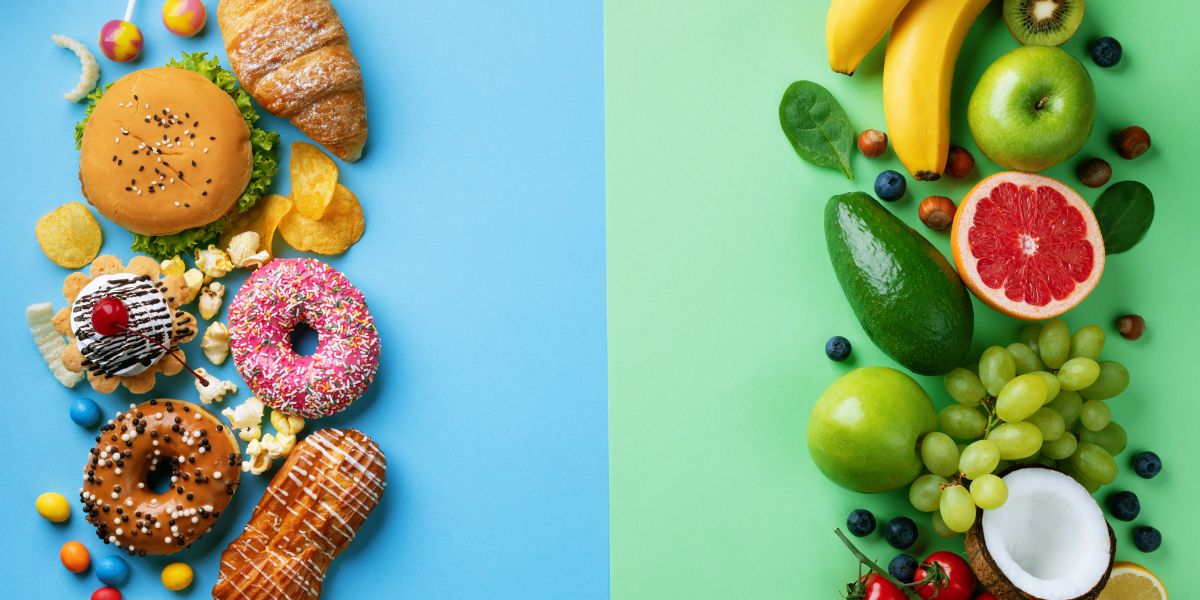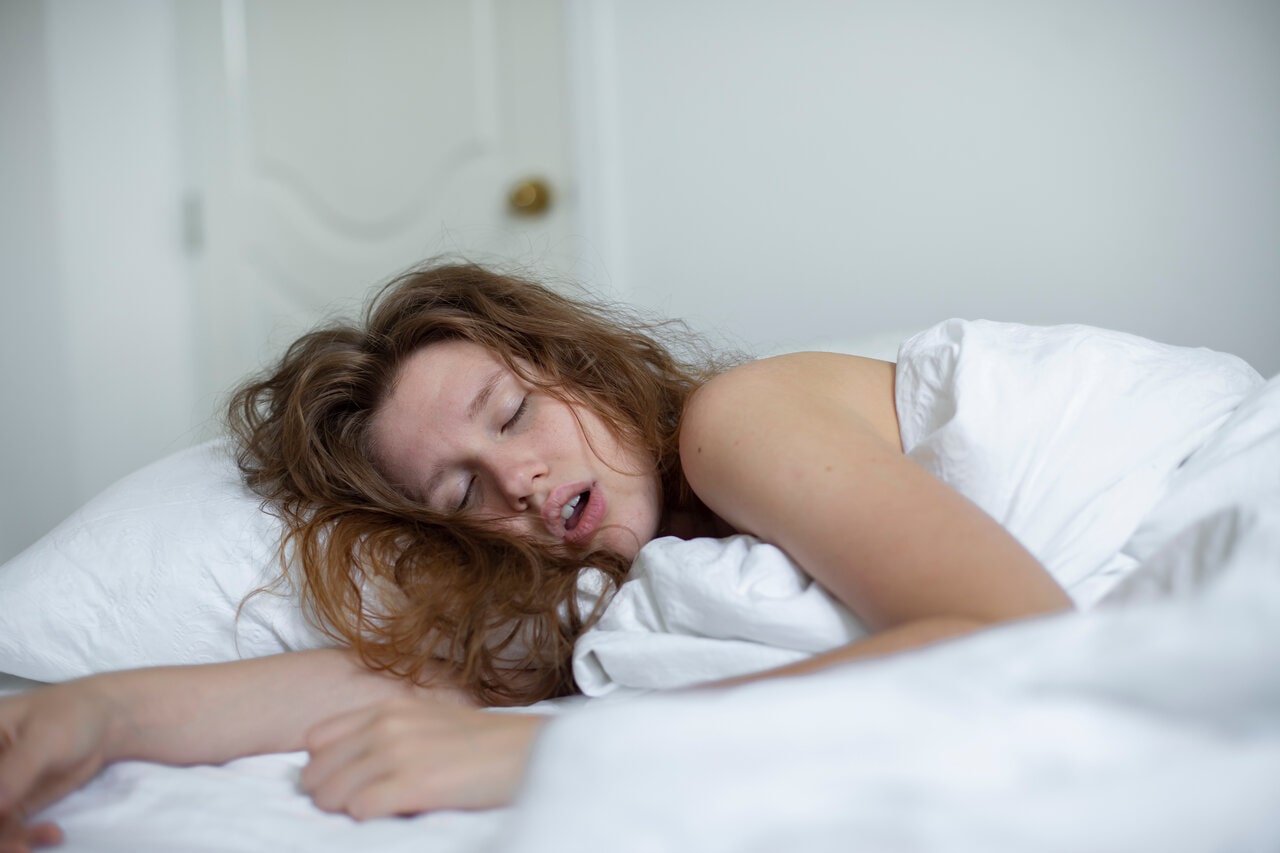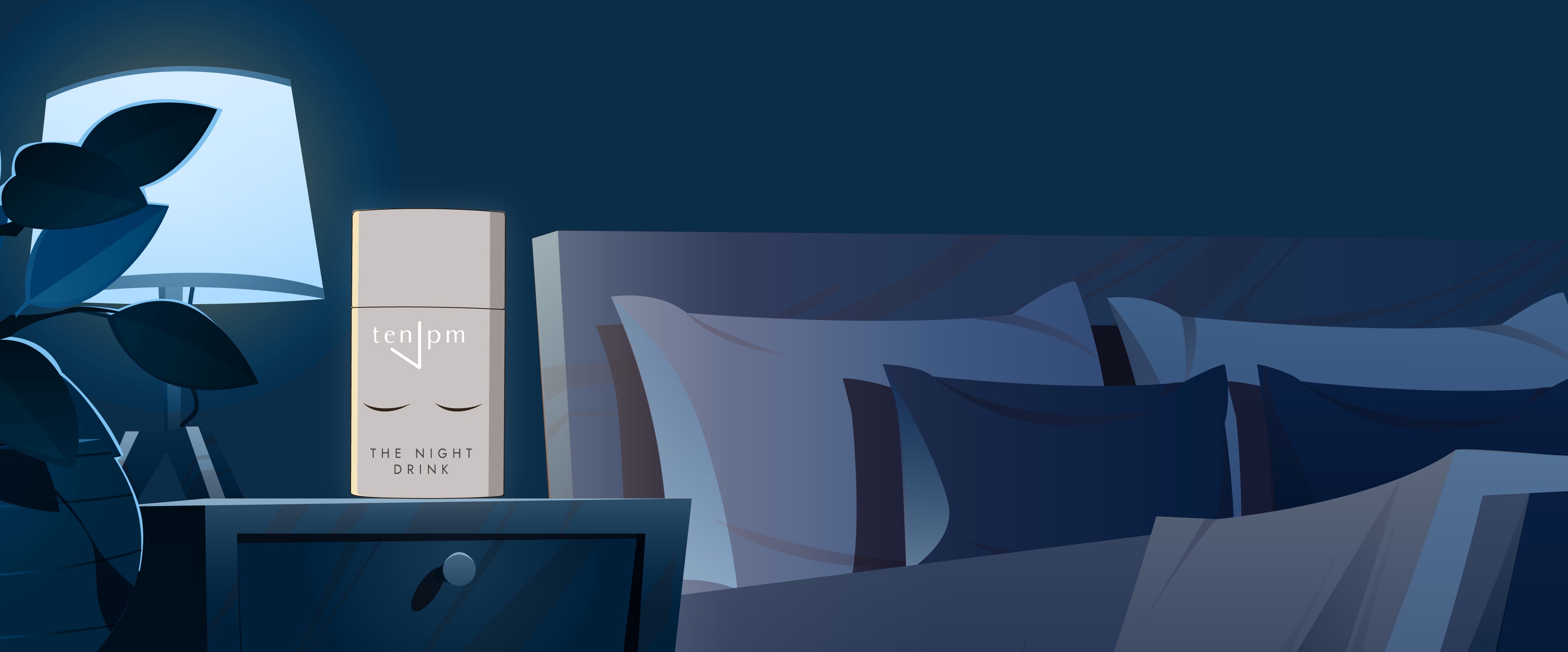One of the most common culprits of poor sleep is caffeine.
Caffeine is a stimulant that can keep you awake, so it's best to avoid consuming it after 2 pm as it takes up to 10 hours to fully leave your system.
This includes coffee, tea, energy drinks, and chocolate.

Alcohol
Another dietary factor that can affect sleep is alcohol.
While alcohol can initially make you sleepy, it can disrupt your sleep later. It reduces the amount of rapid eye movement (REM) sleep, which is essential for feeling refreshed in the morning.
If you choose to drink, limit your intake and avoid drinking close to bedtime.

Spicy Foods
Eating heavy, spicy, or high-fat foods close to bedtime can also interfere with sleep quality.
These foods can cause indigestion or heartburn, making it difficult to fall or stay asleep.
Instead, opt for light, easy-to-digest snacks, such as fruit, nuts, or yoghurt before bed.

Stick To A Meal Schedule
It's crucial to maintain a consistent eating schedule. Irregular eating patterns can disrupt your body's natural sleep-wake cycle, making it challenging to fall asleep and stay asleep.
Try to eat your meals at the same time each day, and avoid eating too close to bedtime.

Sugar
Consuming too much sugar can negatively affect your sleep in several ways.
One of the main reasons is that sugar causes a spike in blood sugar levels, which can lead to a crash later on.
When your blood sugar levels drop, your body releases stress hormones such as cortisol and adrenaline, which can make it harder to fall asleep and stay asleep.




